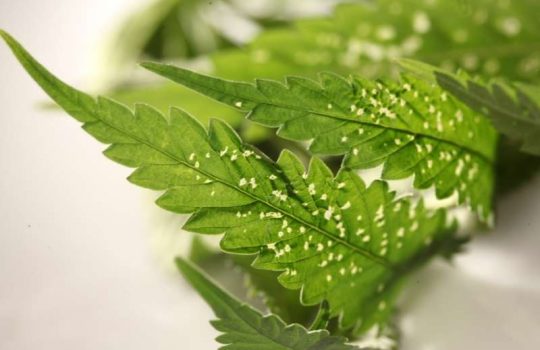Wild plants may be able to resist herbicides.
Weedy rice may take on transgenes from genetically modified crops through cross-pollination. Credit: Xiao Yang
A method of genetic modification used extensively to create crops that are resistant to herbicides has been found to provide advantages to a weedy form of rice, even in absence of the herbicide. https://www.roundupjp.com/ ラウンドアップ 除草剤 This suggests that the benefits of such modifications could extend beyond farms and into the wild.
Many plants have been genetically engineered to resist glyphosate. This herbicide, first called Roundup, was introduced on the market in the year 1996 under the trade name Roundup. This glyphosate resistance enables farmers to wipe out most herbicides in their fields without causing damage to their crops.
Glyphosate may hinder the growth of plants by inhibiting EPSP synase which is an enzyme involved in the production of amino acids, as well as other chemical compounds that make up about 35% of plants' mass. The technique of genetic modification employed by Monsanto's Roundup Ready crops, which are based in St Louis (Missouri), typically involves inserting genes in a crop's DNA to increase EPSP synthase's production. The genes are often derived from bacteria that has infected the plant.
The plant can withstand the adverse effects of glyphosate due to the addition of EPSP synthase. Biotechnology labs also tried to make use of the genes of plants to increase the EPSP synthase enzyme, in part to take advantage of a loophole in the American system that allows for regulatory approval of transgenes that are not derived from bacterial pests.
A few studies have looked into whether transgenes such as those that confer resistance to glyphosate are able to — once they are wild or weedy relatives by cross-pollination -make plants more competitive in survival and reproduction. Norman Ellstrand, a University of California plant geneticist states that without selection pressure, any kind of transgene would be expected to confer disadvantage on wild plants. ラウンドアップ The added machinery will lower fitness.
Lu Baorong, an ecologist from Fudan University in Shanghai has revised that opinion. ラウンドアップ He found that glyphosate resistance provides a significant fitness lift to a weedy version of the common rice crop Oryza Sativa.
Lu and his coworkers genetically modified the rice species to express the EPSP synthase, and then crossed it with a plant that was weedy.
https://auctions.yahoo.co.jp/search/search?rkf=2&p=%E3%83%A9%E3%82%A6%E3%83%B3%E3%83%89%E3%82%A2%E3%83%83%E3%83%97&aucmaxprice=999999999&thumb=1&s1=score2&o1=a&isdd=1&ei=utf-8&fixed=3&nockie=1&isnext=1&ex_cat=2084006160,2084008038,2084034075&rewrite_ok_wand_re_search=1 The team allowed the offspring of cross-breeding to mix with each other, creating second-generation hybrids that are genetically identical to one another, except for the number of copies of the gene that encodes EPSP synase. As one would expect, hybrids with more copies were more likely to make more tryptophan and had more enzyme levels than their unmodified counterparts.
Researchers also found that transgenics had higher rates of flowering, more flowers and 48-125percent more seeds/plant than nontransgenics.
Making weedy rice more competitive may cause more problems for farmers across the globe where plots are ravaged by pests, Lu says.
Brian Ford-Lloyd of Brian Ford-Lloyd, a researcher at the University of Birmingham, UK Brian Ford-Lloyd from the University of Birmingham, UK "If the EPSP synthase gene is introduced to wild rice species their genetic diversity that was so important in conserving it, could be threatened because it would surpass the regular varieties." "This is one example of the most likely and harmful negative effects of GM crops on the environment."
This study challenges public notion that genetically modified plants with extra copies of their genes are safer than the ones that have genes from microorganisms. "Our study shows that this is not necessarily the case" says Lu.
Some researchers believe this finding requires a review of the future regulation of crops that have been genetically modified. Ellstrand believes that biosafety regulations could be relaxed as we can have a great level of security from two decades of genetic engineering. "But the study still shows that novel products require careful evaluation."


